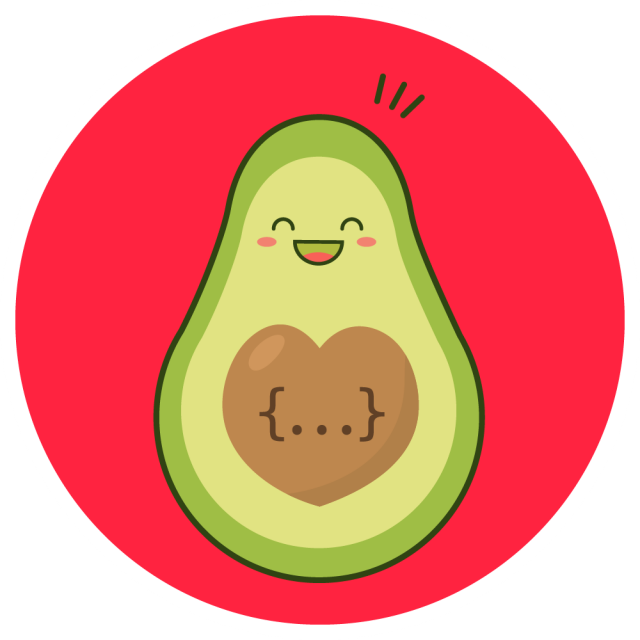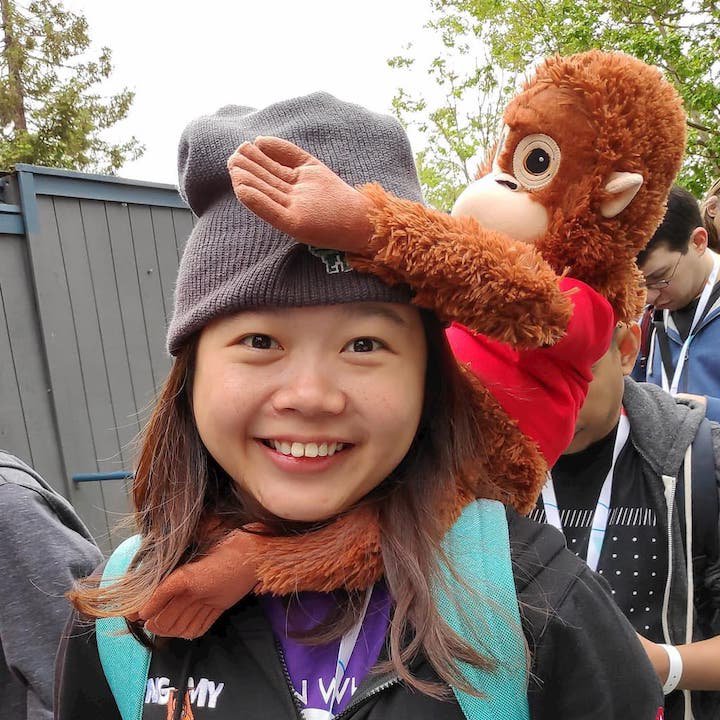Tell us a bit about yourself.
I am Jecelyn Yeen, working as Developer Advocate for Chrome DevTools currently. Since I joined Google early this year, I have never met my colleagues physically nor visited any Google office.
I speak English, Mandarin, Malay, TypeScript, Java and more. My favourite pastime involves scuba diving, preferably remote islands without/with limited WiFi. I like reading books with tangible covers too, and smell it, hah! (but I do have a Kindle too) 🤷🏻♀️
How did you get into Developer Relations?
I knew about the role of Developer Relations about 3 years ago when I joined the Google Developers Expert (GDE) program.
It’s not a common role in Malaysia, as most tech companies hire these roles overseas (I am hired to base in Germany).
For the past 4 years involved in community building, I found my passion in connecting people and sharing knowledge through blogging, speaking at conferences and organizing meetups.
When I saw Paul Kinlan’s tweet on the opening of Chrome DevTools Developer Advocate, I decided to give it a try and yay, I passed the interviews.
We're hiring for a Chrome DevTools Developer Advocate (Munich based). If you love tooling and helping developers, ping me.https://t.co/BWsDpZ9Eug
— Paul Kinlan (@Paul_Kinlan) September 26, 2019
What advice would you give people looking to join you?
If you are not sure DevRel is right for you, start involving yourself in community building, organizing meetups, speaking at conferences or writing blogs. Chat with people or reach out to DevRel to find out.
How has your role changed in the past year?
I was a freelance software engineer travelling around countries and working on projects last year. Pandemic has changed the way people work, and definitely changed what I thought my work would be (partially) - travelling around countries, meeting people at conferences.
Since many conferences are moving online. I started producing video content this year - writing scripts, preparing screencasts and reading it out from teleprompter.
I missed the spontaneity of physical conference speaking.
How do you see the future of DevRel?
More activities are moving online, DevRel as well. While usual conference talk is usually around 30 min, regular shorter educational content (video, article, tweet) tend to work well online as more distraction online.




